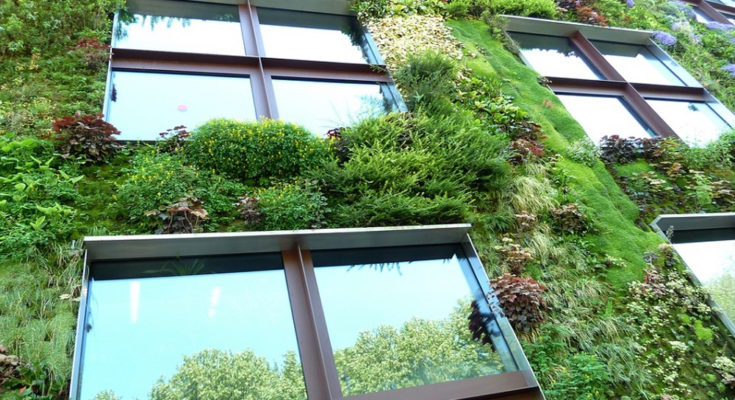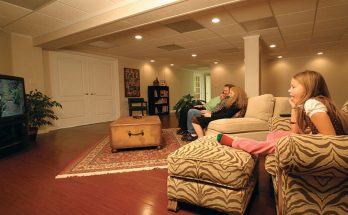Earth Day was last week, and are you ready to save the planet, or simply practice more environmentally friendly habits, easier to implement green and sustainable products into your home renovation project.
Here are some material considerations that you need to check before starting a kitchen or bathroom renovation. Educate yourself on all the green and sustainable products available today, because they will give you a greener home and a far healthier lifestyle.
Counter Tops
Bamboo is considered a very sustainable material because it reaches maturity within five years, and regenerates from its original root system – it never requires replanting.
Wood is an amazing material for block-meat counters and floor counters.
When these logs are planted locally, sustainably, or certified by the FSC (Forest Stewardship Council), they tend to give very high values.
Concrete countertops are increasingly popular in contemporary settings, and don’t be off-gas. They are considered the greenest when made locally and when mixed with alternative cement and recycled aggregates.
The quartz surface is one of my favorite tabletops. They are available in a large number of beautiful colors and finishes – easy to maintain and have an endless life cycle. Certain companies now produce amazing recycled quartz collections.
Floor
Hardwood and Bamboo are a favorite flooring choice for environmentally conscious homeowners. If the material is FSC certified or reclaimed, it is considered an environmentally responsible product.
Marmoleum or Linoleum tiles are made from flaxseed oil, jute, limestone and other natural components that collectively provide a very strong and durable flooring product.
Cork is not only sustainable and renewable (like bamboo), but very soft and comfortable underfoot.
Wool carpets are stain resistant, extremely durable, and free of chemical additives – only natural oils from sheep’s wool. With routine maintenance, this can last up to 50 years and after disposal can biodegrade.
Cabinet
Kitchen cabinets can be easily repaired or repainted with paints and low or zero VOC (Volatile Organic Compounds) products. But if they no longer fit your renovation plan then consider using it again elsewhere in your home or donating it to your local Habitat For Humanity Re-Store.
FSC and formaldehyde-free sustainable wood – and finished with a low VOC sealant – are a green alternative for recycling your old cabinet. Another remarkable ingredient to consider is the coated grain board composite. Straw fiber is combined with formaldehyde-free resin and then painted with low or zero VOC paint.
Solid core section doors are also available in FSC certified wheat straw and wood. They are also free of formaldehyde and meet LEED guidelines.
Finally when it comes to the finishing touches and furnishings of your home, look for pieces that are environmentally friendly and environmentally friendly. Do research online and you will find unlimited resources.





